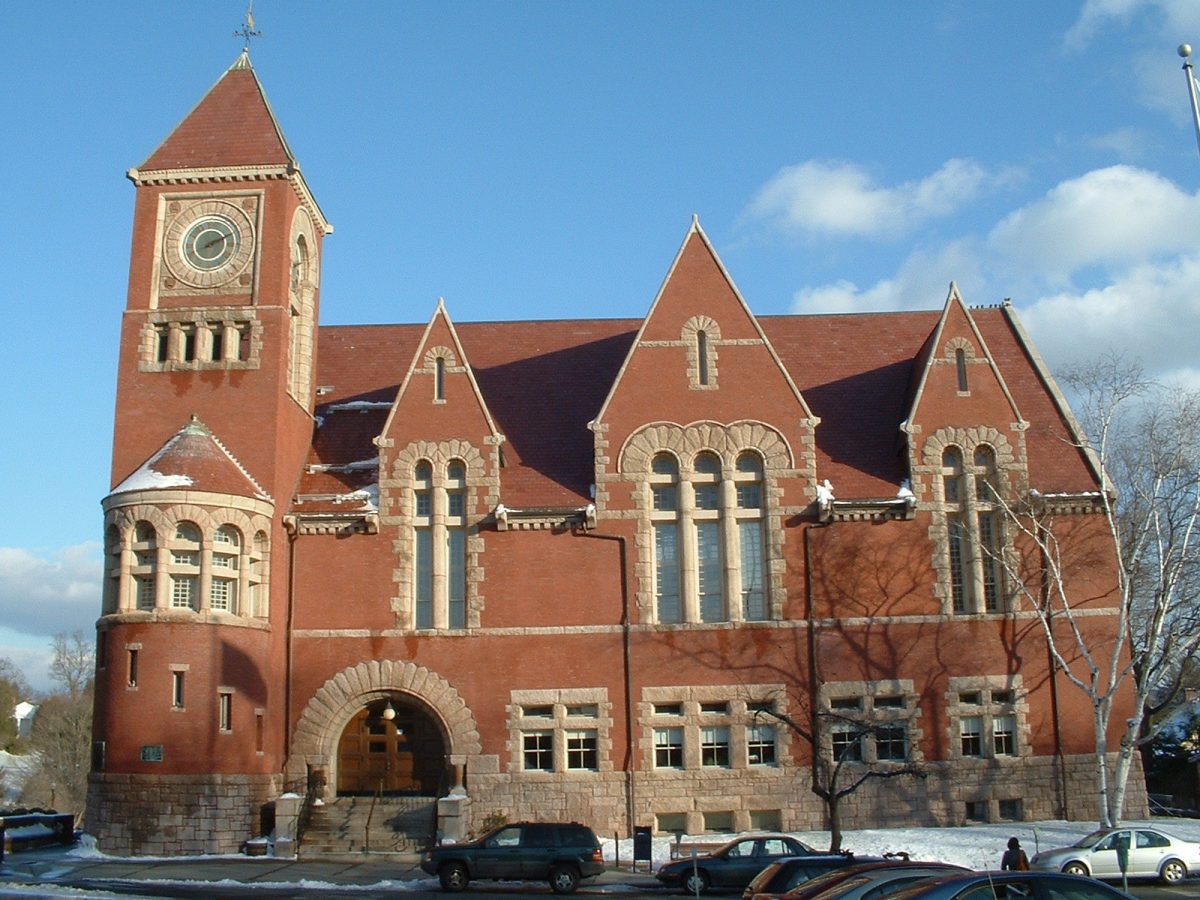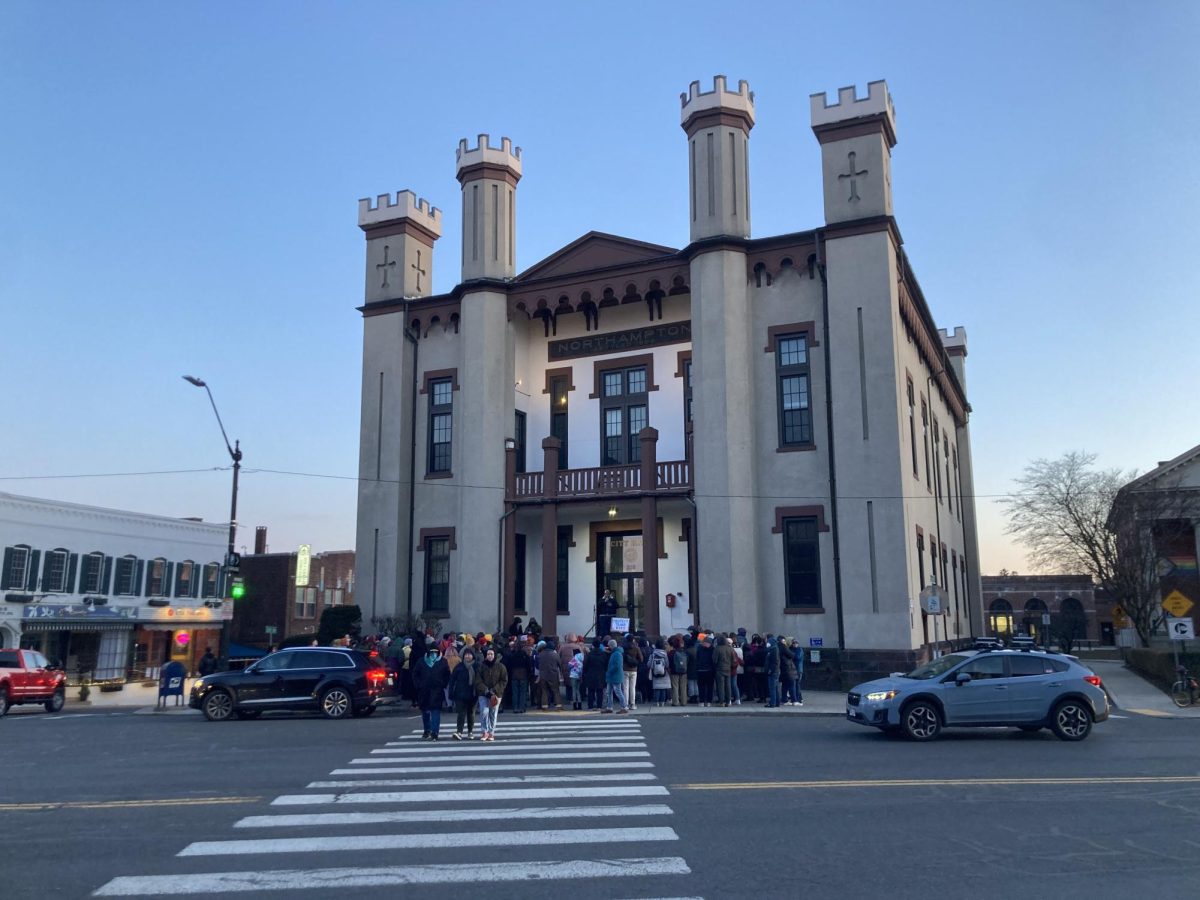
A new housing code enforcement officer will begin work this month in Amherst. The job will primarily be focused on enforcing Amherst’s existing bylaws and codes with respect to housing and rental properties.
Jon Thompson, of nearby Shutesbury, was interviewed by the Amherst Conservation Commission earlier this month and was hired by Town Manager John Musante Thompson’s duties will focus on promoting Amherst’s healthy neighborhoods initiative, enforcing existing zoning and code issues and managing the town’s stock of rental housing.
According to Musante, Thompson has nearly 40 years of experience in the building trade and already holds one of three licenses required for a municipal inspector position. Thompson will be the first person to hold this position in Amherst.
Musante said part of the need for a housing code enforcement officer was to have someone who could work with several town departments, including the planning, police, fire and health departments.
Amherst already has inspectors who check properties for building and zoning codes. It also has sanitary inspectors in the health department who inspect health codes at properties in town. Musante said one of the challenges Thompson will face in his new job will be to “bring those efforts together in a more effective way and to be more responsive and collaborative with property owners.”
In his first year, Thomspon’s primary focus will be on Amherst’s multi-family and rental properties. He plans to have a set inspection schedule to enforce Amherst’s housing codes, according to Musante.
“We expect this to be a collaborative process, with staff and housing and landlords to work together,” said Musante. “Rental property is a fundamentally important part of our community. I don’t think there’s a dispute that most of it functions well. We just really need to get back to improving quality of life in the neighborhoods.”
One means of improving the standards of living in Amherst’s neighborhoods will be to enforce Amherst’s existing bylaw governing the amount of unrelated people who can share a house or apartment, according to Musante. Section 12.142 of the Zoning Bylaw states that “a group of unrelated individuals, not to exceed 4, residing cooperatively in one dwelling unit,” or, in other words, that no more than four people who are not part of the same family may live together.
This bylaw particularly affects college students who often fill houses to capacity in order to afford them.
In the Planning Board’s report to the Town Meeting in May, 2010, members expressed concern for lifting the four unrelated person limit and the effect it will have on college students who rent housing.
The report states, “Students often have little disposable income. They find it more affordable to live in group rental settings, often subletting illegally and further increasing density. Trapped by their financial circumstances, students are vulnerable to profit-focused landlords, some of whom may try to lease to as many tenants as possible, at relatively high rents. High densities of unrelated tenants in single family dwellings frequently generate health and safety problems.”
In 2010, Daniel Melick – a 2008 University of Massachusetts graduate and former Amherst Town Meeting Member – petitioned to repeal the bylaw and remove any limitation of unrelated persons who can reside together in a single dwelling unit, according to an Amherst Planning Board report to Town Meeting from May, 2010.
Melick argued that the purpose of the four-person limit was to crack down on properties that had issues with noise and parties and that problems with these kind of properties could be enforced by existing regulations such as “the Noise Bylaw, Keg Bylaw, Nuisance House Bylaw, parking requirements (Zoning Bylaw) and state requirements related to overcrowding (Building, Health and Fire Codes)” and that specific properties could be targeted that regularly violate these bylaws and codes.
Melick’s petition was not passed by the Town Meeting and the bylaw remains unchanged after being “on the books for many, many years,” according to Musante. A key aspect of Thompson’s job as housing code enforcement officer will be to enforce and regulate the Zoning Code under which the four unrelated person limit bylaw falls.
“The point is not to “‘crackdown,’” said Musante, “the point is to make changes which are not all that difficult; but it takes collaboration to do it well.”
Musante said most rental properties in Amherst work well for their respective neighborhoods, the community and the renters, and that the amount of properties about which the town is concerned is quite small.
Sarah Hardy can be reached at [email protected].






